Is Goat Milk Low-FODMAP?

What IBS Patients Need to Know
If you live with irritable bowel syndrome (IBS), you’ve probably heard about the low-FODMAP diet. It’s the most evidence-supported approach recommended by the American Gastroenterological Association (AGA) to ease IBS symptoms like bloating, abdominal pain, and diarrhea-predominant IBS [1].
But where does goat milk fit in? Many people assume it’s gentler than cow’s milk. Some even switch to goat milk believing it’s “different.” The truth: when it comes to FODMAP sugars, goat milk is not any friendlier than cow’s milk.
What Are FODMAPs?
FODMAP stands for fermentable oligosaccharides, disaccharides, monosaccharides, and polyols. These short-chain carbs are poorly absorbed in the small intestine and ferment in the gut, producing gas and drawing in water. For those with IBS, that can mean cramps, urgency, and bloating [1–3].
The low-FODMAP diet is typically introduced in three steps: restriction, gradual reintroduction, and personalization. Research shows it improves global IBS symptoms more effectively than standard diets, though it should be done under the guidance of a dietitian to avoid nutritional gaps [2,4,6].
Goat Milk and IBS: Same Problem as Cow’s Milk
Here’s the bottom line: goat milk contains lactose, a FODMAP disaccharide. Lactose is the same sugar found in cow’s milk, and it’s often the culprit behind IBS flares in dairy-sensitive individuals.
While some people report feeling better with goat milk—possibly due to its different protein structure or fat content—clinical studies haven’t shown that goat milk is easier on the gut for people with IBS [2,5–6]. From a FODMAP perspective, goat milk is not low-FODMAP.
There are also no goat species or breeds that naturally produce low-FODMAP milk. Comparative studies show goat milk actually contains more types of oligosaccharides than cow milk, but that doesn’t make it IBS-friendly [4–6].
What if the cow milk is raw? This we discussed in a previous blog post you can read here.
Lactose-Free Goat Milk: An Option
One workaround is enzymatic treatment with lactase. Lactase breaks down lactose into glucose and galactose, sugars that don’t qualify as FODMAPs. This is the same process used to make lactose-free cow’s milk, and it can be applied to goat milk as well [1,3].
While lactase-treated goat milk is considered low-FODMAP, broader enzyme blends that could reduce other FODMAPs in dairy are still experimental and not available for routine use [2].

Low-FODMAP Alternatives to Cow or Goat Milk
If you’re following a low-FODMAP diet and want to avoid IBS symptoms, here are better milk choices:
-
Lactose-free cow’s milk – widely available and low-FODMAP.
-
Lactose-free goat milk – possible with lactase treatment, though less common in stores.
-
Plant-based options (check labels and portion sizes):
-
Almond milk (low-FODMAP in small servings)
-
Coconut milk (carton, not canned, is often low-FODMAP)
-
Hemp milk (naturally low-FODMAP)
-
Rice milk (low-FODMAP in limited amounts)
-
Always watch for added high-FODMAP ingredients like inulin or sweeteners.
Takeaway
Goat milk may feel “different,” but when it comes to FODMAPs, it’s not. Both cow and goat milk contain lactose, a FODMAP sugar that can trigger IBS symptoms. The safest choices are lactose-free dairy or plant-based milks that fit within low-FODMAP guidelines.
References
-
Chey WD, Hashash JG, Manning L, Chang L. AGA Clinical Practice Update on the Role of Diet in Irritable Bowel Syndrome: Expert Review. Gastroenterology. 2022;162(6):1737-1745.e5. doi:10.1053/j.gastro.2021.12.248.
-
Singh P, Tuck C, Gibson PR, Chey WD. The Role of Food in the Treatment of Bowel Disorders: Focus on Irritable Bowel Syndrome and Functional Constipation. Am J Gastroenterol. 2022;117(6):947-957. doi:10.14309/ajg.0000000000001767.
-
Ford AC, Moayyedi P, Chey WD, et al. American College of Gastroenterology Monograph on Management of Irritable Bowel Syndrome. Am J Gastroenterol. 2018;113(Suppl 2):1-18. doi:10.1038/s41395-018-0084-x.
-
Lacy BE, Pimentel M, Brenner DM, et al. ACG Clinical Guideline: Management of Irritable Bowel Syndrome. Am J Gastroenterol. 2021;116(1):17-44. doi:10.14309/ajg.0000000000001036.
-
Memel ZN, Shah ND, Beck KR. Diet, Nutraceuticals, and Lifestyle Interventions for the Treatment and Management of Irritable Bowel Syndrome. Nutr Clin Pract. 2025. doi:10.1002/ncp.11307.
-
Cozma-Petruţ A, Loghin F, Miere D, Dumitraşcu DL. Diet in Irritable Bowel Syndrome: What to Recommend, Not What to Forbid to Patients! World J Gastroenterol. 2017;23(21):3771-3783. doi:10.3748/wjg.v23.i21.3771.
-
Camilleri M. Diagnosis and Treatment of Irritable Bowel Syndrome: A Review. JAMA. 2021;325(9):865-877. doi:10.1001/jama.2020.22532.
Article by Nasha Thompson
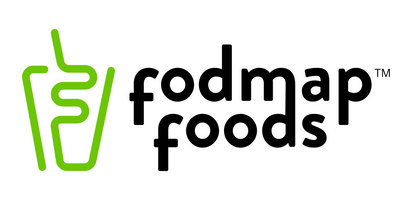
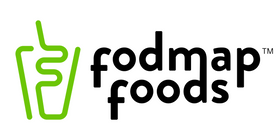


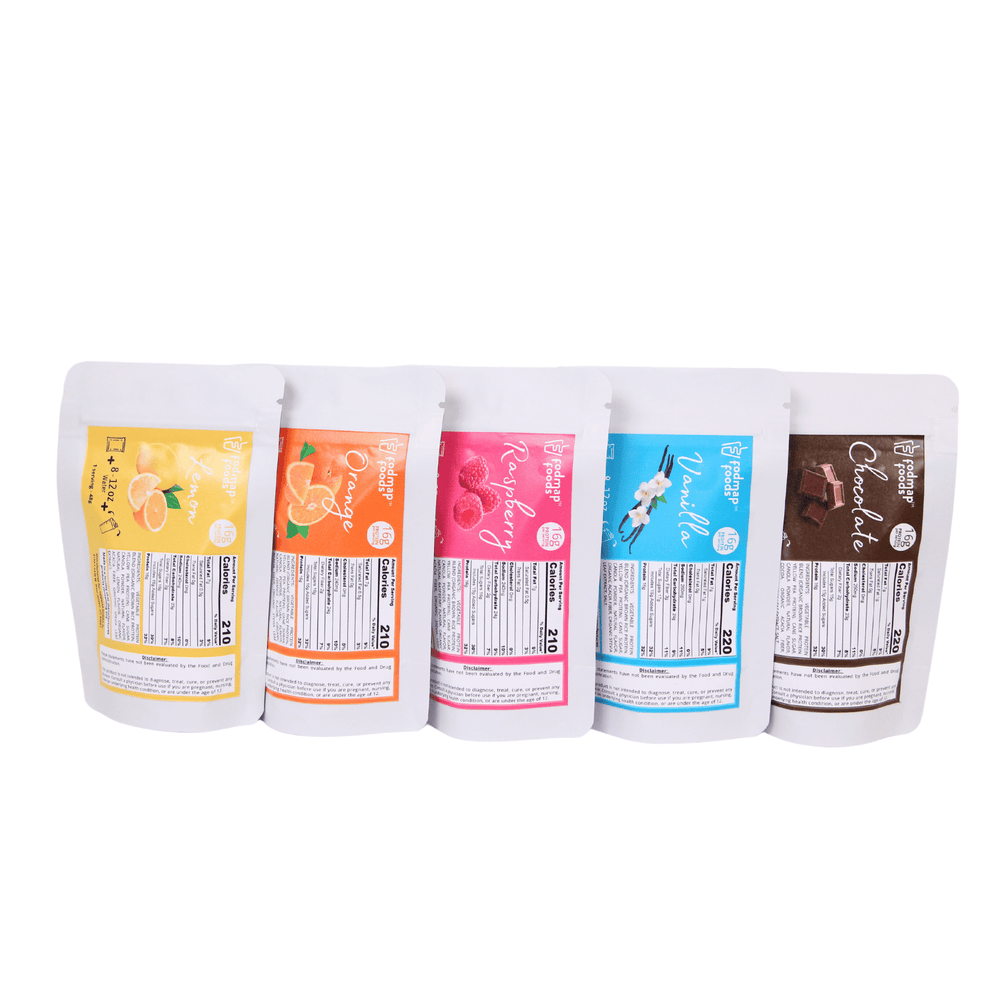

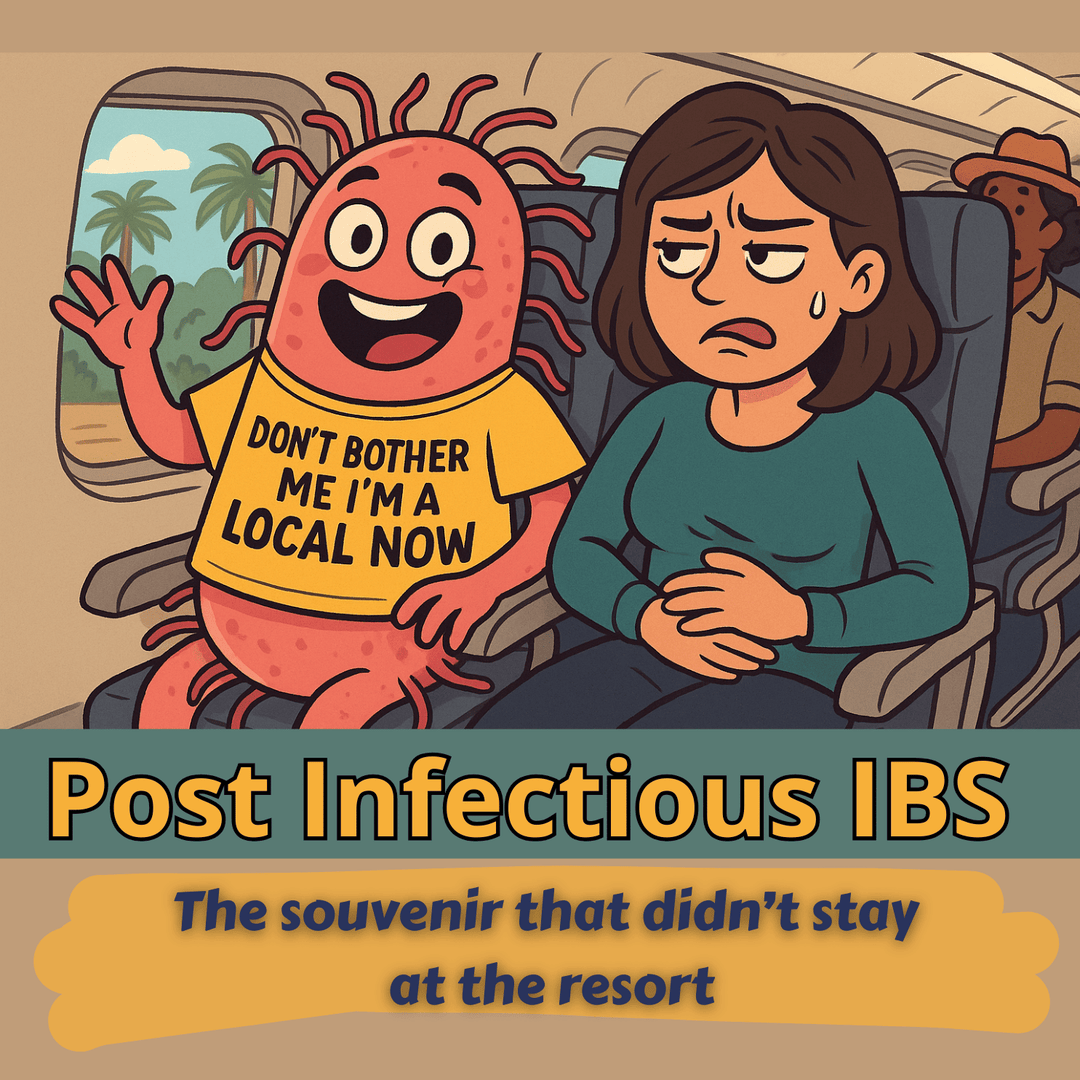
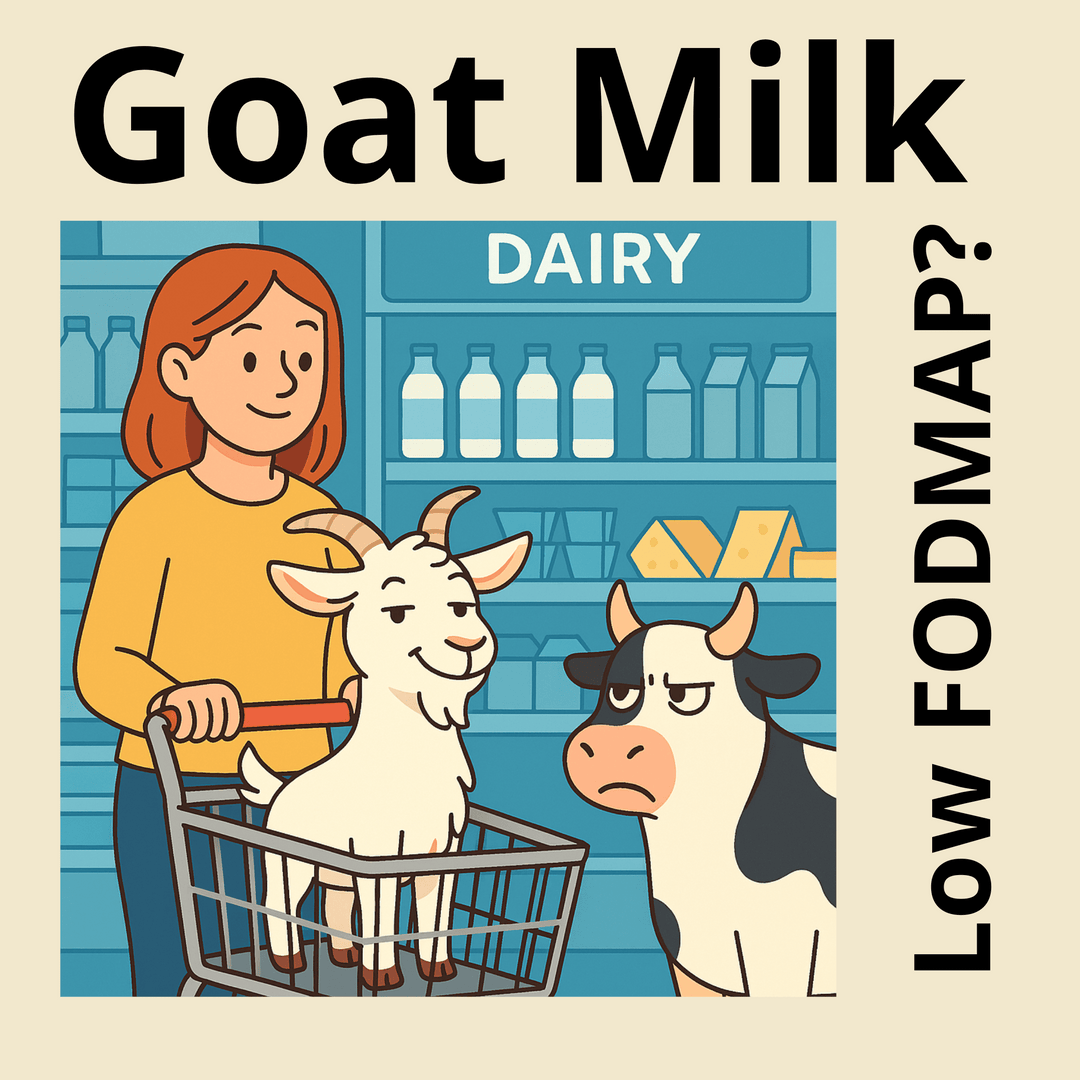
Leave a comment